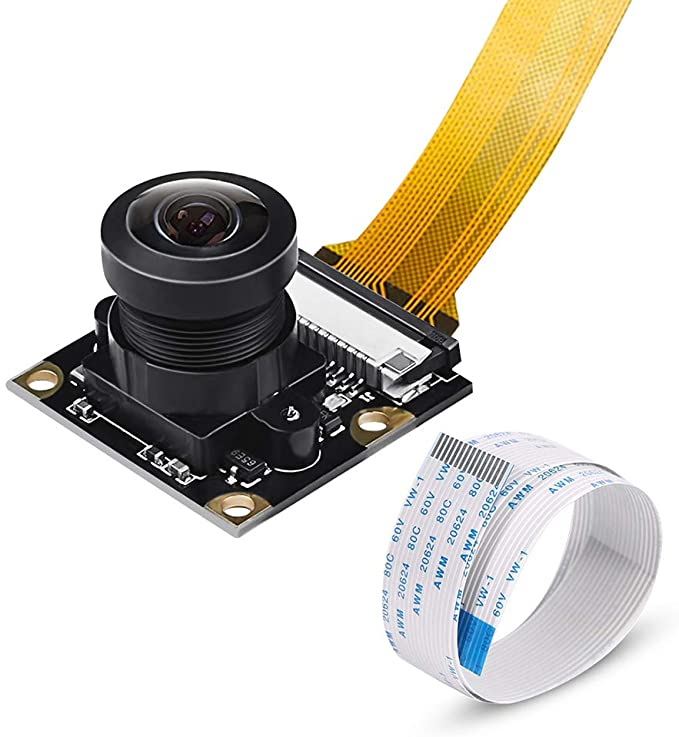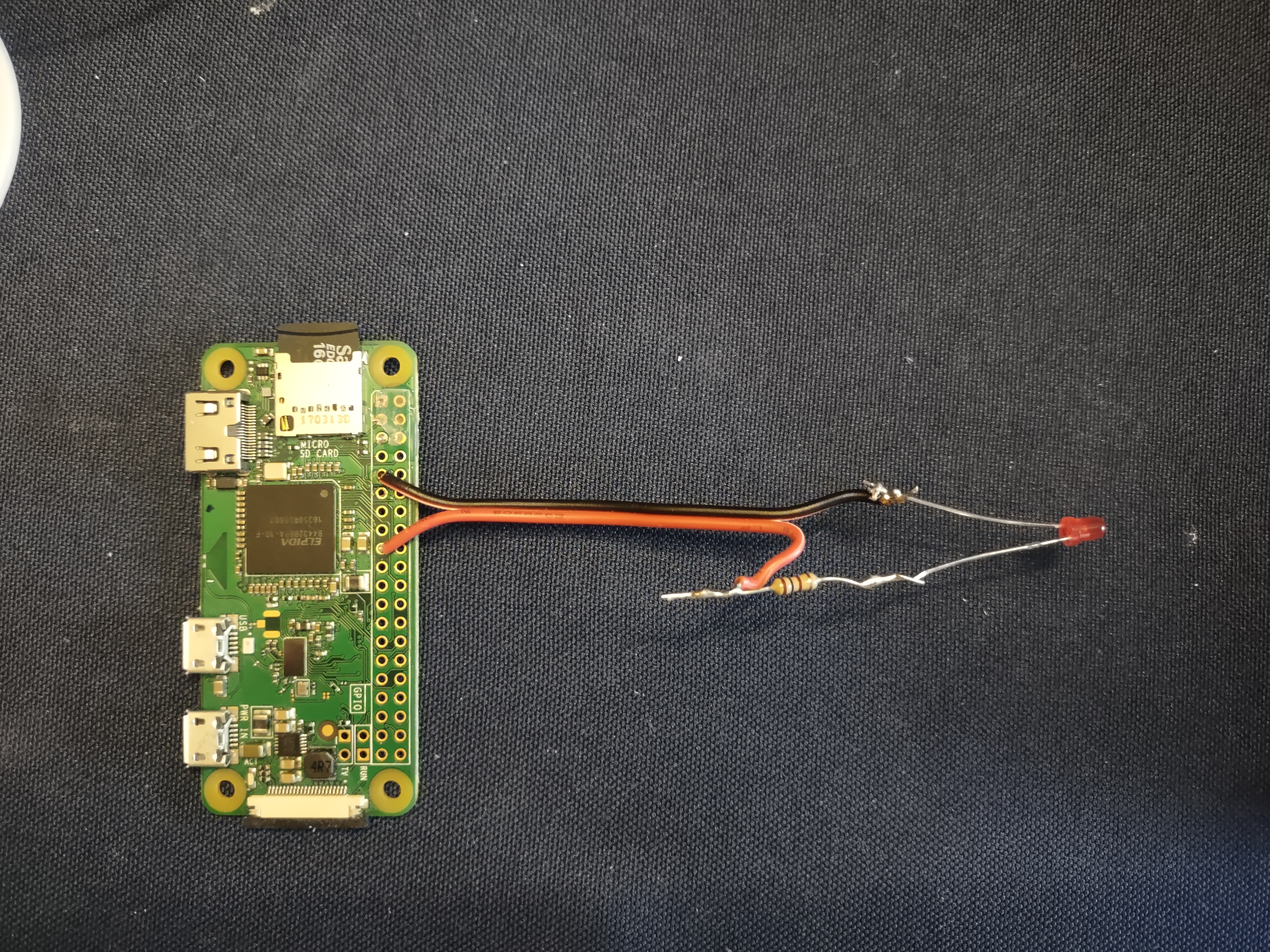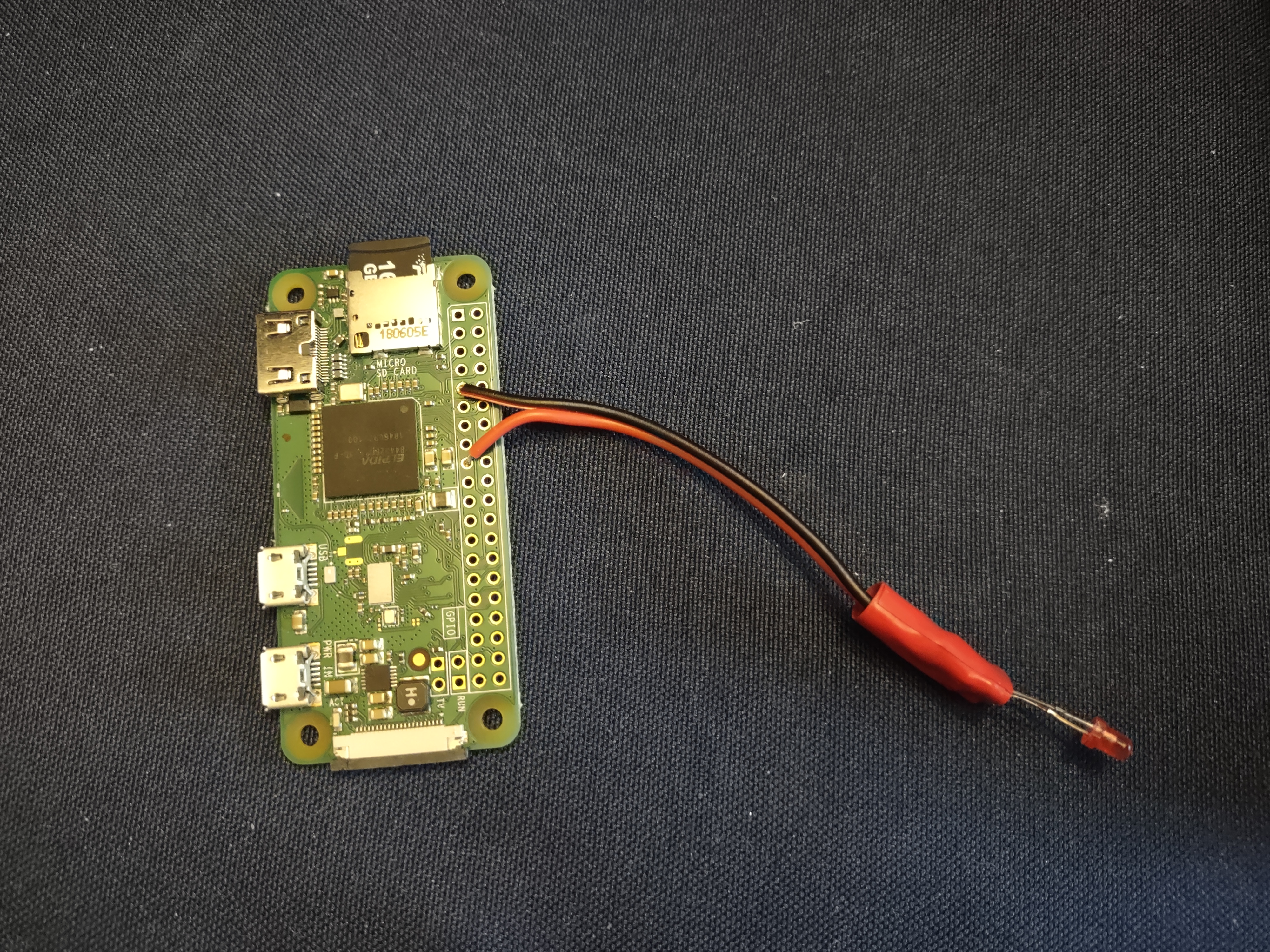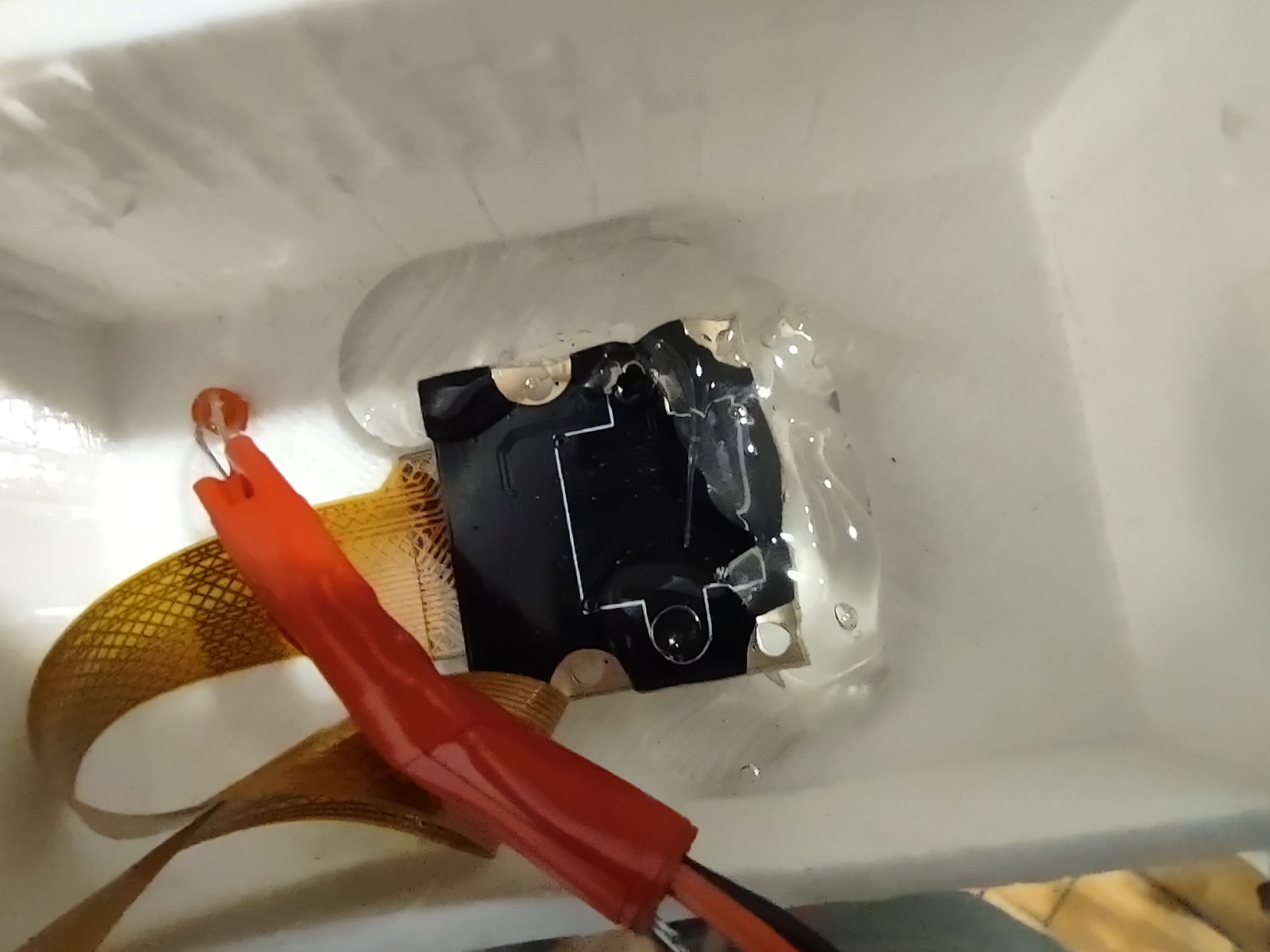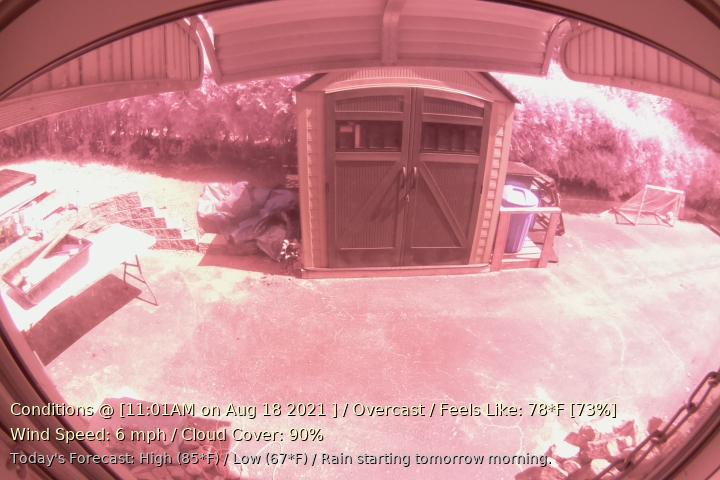Quick Security Cam for RPi
Download "RASPBIAN JESSIE LITE" https://www.raspberrypi.org/downloads/raspbian/
Create your new hard disk for DashboardPI
Insert the microSD to your computer via USB adapter and create the disk image using the
ddcommandLocate your inserted microSD card via the
df -hcommand, unmount it and create the disk image with the disk copyddcommand$
df -h/dev/sdb1 7.4G 32K 7.4G 1% /media/XXX/1234-5678$
umount /dev/sdb1Caution: be sure the command is completely accurate, you can damage other disks with this command
if=location of RASPBIAN JESSIE LITE image file of=location of your microSD card
$
sudo dd bs=4M if=/path/to/raspbian-jessie-lite.img of=/dev/sdb(note: in this case, it's /dev/sdb, /dev/sdb1 was an existing factory partition on the microSD)
Setting up your RaspberriPi
Insert your new microSD card to the raspberrypi and power it on with a monitor connected to the HDMI port
Login
user: pi pass: raspberry
Change your account password for security
sudo passwd pi
Enable RaspberriPi Advanced Options
sudo raspi-config
Choose:
Expand File System
Advanced Options
Hostnamechange it to "DOORCAM"
SSHEnable SSH Server
Enable CameraEnable camera interface
Enable the English/US Keyboard
sudo nano /etc/default/keyboard
Change the following line:
XKBLAYOUT="us"
Reboot PI for Keyboard layout changes / file system resizing to take effect
$
sudo shutdown -r now
Auto-Connect to your WiFi
sudo nano /etc/wpa_supplicant/wpa_supplicant.conf
Add the following lines to have your raspberrypi automatically connect to your home WiFi (if your wireless network is named "linksys" for example, in the following example)
network={ ssid="linksys" psk="WIRELESS PASSWORD HERE" }
Reboot PI to connect to WiFi network
$
sudo shutdown -r nowNow that your PI is finally on the local network, you can login remotely to it via SSH. But first you need to get the IP address it currently has.
$
ifconfigLook for "inet addr: 192.168.XXX.XXX" in the following command's output for your PI's IP Address
Go to another machine and login to your raspberrypi via ssh
$
ssh pi@192.168.XXX.XXX
Start Installing required packages
$
sudo apt-get update$
sudo apt-get upgrade$
sudo apt-get install sshpass vim rpi.gpio python-smbus python-requests python-picamera python-opencv python-imaging python-dev python3-pip python3 libi2c-dev i2c-tools git build-essential
Update local timezone settings
$
sudo dpkg-reconfigure tzdata
select your timezone using the interface
Setup the simple directory l command [optional]
$
vi ~/.bashrcadd the following line:
$
alias l='ls -lh'$
source ~/.bashrc
Fix VIM default syntax highlighting [optional]
$
sudo vi /etc/vim/vimrcuncomment the following line:
syntax on
$ cd ~
$ git clone https://github.com/khinds10/QuickDoorCam.git
$ pip3 install pysftp
Edit Crontab to upload each minute the latest motion image
# m h dom mon dow command
* * * * * python /home/pi/QuickDoorCam/webcam.py
Supplies Needed
RaspberriPi Zero (W Model w/ built in wireless)
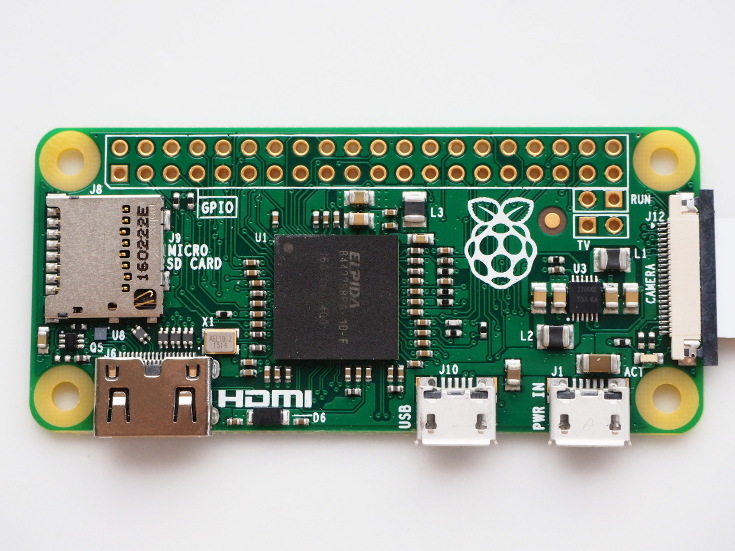
Build and wire the device
-
Print the Project Enclosure
Using a 3D printer print the enclosure files included in the 'enclosure/' folder. .x3g files are MakerBot compatible. You can also use the .stl and .blend (Blender Program) files to edit and create your own improvements to the design.
-
Solder an appropriate resister and LED to the +3v and GND leads of the PI
- Get the webcam and the LED and the RPI ready to mount in the case
- Mount the Camera throught the front hole
- Install the LED through the small hole in the corner and place the RPI Zero and wiring inside the case
- Configure Application to run correctly in settings.py config file
Find the file settings.py-example and adjust to your current settings
Enter your SFTP server and api.forecast.io credentials to get the weather subtitles working and the images uploaded to be viewed on the web.
$
crontab -e* * * * * python /home/pi/QuickDoorCam/webcam.py* * * * * find /home/pi/images -name "*.jpg" -type f -mtime +30 -delete
